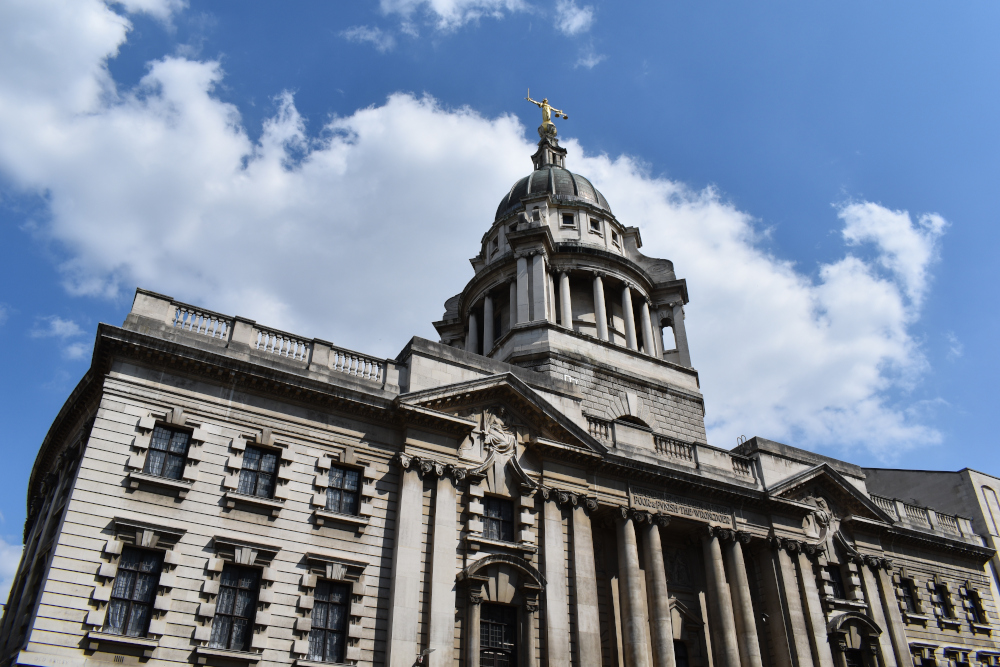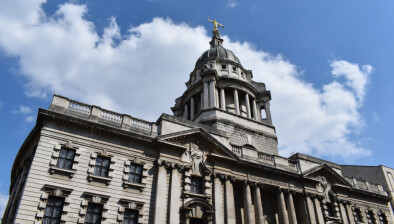England: Senior judge calls for curbs on jury trials to ease court backlog

Thousands of defendants in England and Wales could lose the automatic right to have their cases heard by a jury under sweeping reforms proposed by a senior judge aiming to ease a record court backlog.
Sir Brian Leveson, the former Court of Appeal judge who led the government-commissioned review, has proposed that some offences — such as possession of indecent images of children, assaulting emergency workers, and fraud — be removed from jurisdiction of juries.
The changes would constitute the most significant overhaul of the English criminal justice system in more than a century.
The review, commissioned by the UK’s justice secretary, Shabana Mahmood, recommends that defendants should no longer be able to elect a jury trial in cases where the maximum custodial sentence is two years. Currently, summary justice in the magistrates’ courts is limited to offences with a maximum penalty of 12 months’ imprisonment.
Under the proposals, a new intermediate court would be established, with cases heard by a Crown Court judge sitting alongside two magistrates — referred to in the report as a “bench division” — but without a jury.
Sir Brian said the reforms could make justice “at least 20 per cent faster”, though he added he believed the time saving would ultimately be “much more”. He noted that trials in the proposed bench division would significantly shorten proceedings for less serious offences.
Despite the scale of the proposals, Sir Brian warned that even if adopted in full, the backlog of cases — now at 77,000 and projected to rise above 100,000 — would likely remain for at least another five years. Some trials are already being scheduled as far ahead as 2029.
His report cautioned that without decisive intervention, the system faced “total collapse”, with criminal cases left with “little or no chance of being brought before the court”. Victims and witnesses, he said, would disengage or face appearing years after the alleged offences, by which point they might be unable to recall key details.
Further recommendations include increasing the discount for early guilty pleas from 33 per cent to 40 per cent, and widening the use of out-of-court disposals such as cautions and conditional cautions to divert more cases away from formal proceedings.
Critics of the plan argue that expanding the number of Crown Court sitting days would be a simpler and more appropriate remedy. Sir Brian himself said he was urging the government to add 20,000 sitting days, with some experts claiming this alone could clear the backlog without curtailing the right to trial by jury.
Richard Atkinson, president of the Law Society of England and Wales, warned the proposals would “not solve the Crown Court backlog”.
The shadow justice secretary, Robert Jenrick, also voiced concern, saying: “Before tearing up our constitutional settlement by scrapping jury trials, Labour should maximise court sitting days and bear down on rampant inefficiency.”
The proposed reforms would require primary legislation. Ministers are not expected to issue a formal response until the autumn.










